
Author Mads Timmermann
Mads has 15+ years of experience as a skin expert and has written/read this article.
🔥 New Updated 2025 Guide: 🔥
👉 Get the Clean Skin Guide now
Tired of acne and breakouts that never go away? 🤔
Learn how to fight your acne effectively and quickly.
🌟 390,067 others have already received the guide.
Hyaluronic acid, a substance naturally found in the human body, has garnered considerable attention in the skincare industry due to its hydrating properties and potential benefits for a variety of skin concerns, including acne. It is a type of glycosaminoglycan, which functions as a moisture binder, meaning it helps retain water in the skin, providing hydration and plumpness. The ability of hyaluronic acid to hold up to 1,000 times its weight in water makes it a powerful humectant that draws moisture into the skin's surface layers.
Given its hydrating capabilities, hyaluronic acid is often included in skincare formulations to enhance skin moisture, reduce the visibility of fine lines, and create a softer, smoother complexion. When it comes to acne, the hydrating effect of hyaluronic acid can be beneficial, as acne-prone skin can still experience dehydration. Proper hydration of the skin can also reinforce the skin's barrier function, helping to protect against acne-causing bacteria and irritants.
Key Takeaways
- Hyaluronic acid can bind significant amounts of water to hydrate and plump the skin.
- It is beneficial for all skin types, including acne-prone skin, due to its non-comedogenic properties.
- This ingredient can support the skin's barrier, potentially reducing acne-related inflammation.
Understanding Hyaluronic Acid
In exploring the benefits of hyaluronic acid, especially regarding skin health, we uncover its unique chemical structure and pivotal role in dermatology.
Chemical Composition
Hyaluronic Acid (HA), a naturally occurring polysaccharide, resides throughout our body's connective tissue. Its molecule is composed of repeated units of glucuronic acid and N-acetylglucosamine. This structure allows it to retain a remarkable amount of water, up to 1,000 times its weight, making it an incredibly hydrating compound.
Dermatological Role
We recognize hyaluronic acid as a cornerstone of skin hydration and tissue repair. Due to its ability to attract and hold water, HA plays a fundamental role in maintaining skin moisture and elasticity. It also supports the skin's healing process, making it a common ingredient in topical formulations for improving skin health, including the treatment of acne scars.
Hyaluronic Acid and Skin Hydration
Hyaluronic acid is a powerful moisturizing agent that can help maintain optimal skin hydration levels, aiding in the treatment of acne by keeping skin plump and healthy.
Moisturizing Effects
When we discuss the moisturizing effects of hyaluronic acid, we're highlighting its ability to attract and retain water molecules. This substance can hold up to 1000 times its weight in water, making it a highly effective component in moisturizers for acne-prone skin. A study indicates its potential in delivering clindamycin to the pilosebaceous units, which could significantly help in targeting acne lesions directly.
Barrier Function Support
Besides its moisturizing capabilities, hyaluronic acid also supports the skin's barrier function. It helps to fortify the skin's natural barriers, which can reduce the permeability to bacteria and other acne-causing agents. This in turn can help to prevent further breakouts and maintain skin smoothness and elasticity, factors that contribute to the overall health and appearance of the skin.
Hyaluronic Acid in Acne Treatment
Hyaluronic acid is increasingly recognized for its benefits in acne treatment, specifically for its hydration properties and potential to reduce inflammation.
Anti-Inflammatory Properties
We understand that inflammation is a key factor in acne development. Hyaluronic acid has been observed to possess anti-inflammatory properties, which can be instrumental in soothing inflamed skin affected by acne. By mitigating inflammation, hyaluronic acid helps in reducing redness and swelling associated with acne lesions.
Compatibility with Acne-Prone Skin
For individuals with acne-prone skin, it's essential to use products that do not exacerbate the condition. Hyaluronic acid is known for its compatibility with acne-prone skin. Its lightweight, non-comedogenic nature means it hydrates without clogging pores, making it an ideal component in the formulation of moisturizers and serums for those struggling with acne.
Safety and Usage Guidelines
When incorporating hyaluronic acid into your acne treatment plan, it's crucial to adhere to safety guidelines and appropriate usage to ensure effectiveness without causing harm to your skin.
Recommended Concentrations
It's widely accepted that the concentration of hyaluronic acid in topical treatments for acne and acne scars should be chosen with care. Low-molecular weight hyaluronic acid is often used because it can penetrate the skin more deeply. Clinical studies have indicated that a 0.2% hyaluronic acid sodium salt gel applied twice daily can be beneficial. For those looking into skin care kits that cater to different skin types, including oily and acne-prone skin, formulas are generally designed to balance efficacy with safety, which is key in avoiding irritation.
Application Tips
Effective application begins with clean skin. Apply hyaluronic acid to damp skin to aid its absorption. Gels or serums containing hyaluronic acid should be applied in a thin layer, gently massaging the product onto the affected area. In the case of treating severe acne or scarring, it's advisable to complement your skin care regimen with a customized routine that matches your specific skin needs.
To maintain skin health, avoid using hyaluronic acid with products that can cause irritation, such as harsh astringents or alcohol-based toners. Be mindful also of the potential for interaction with other dermatological treatments you may be using. For individuals integrating a full range of products for comprehensive acne care, consider a balanced skin care kit that includes hyaluronic acid among other beneficial ingredients to optimize skin health.
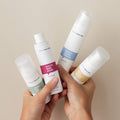
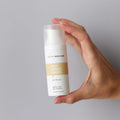
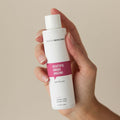
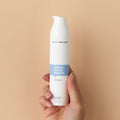
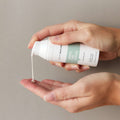
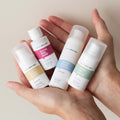
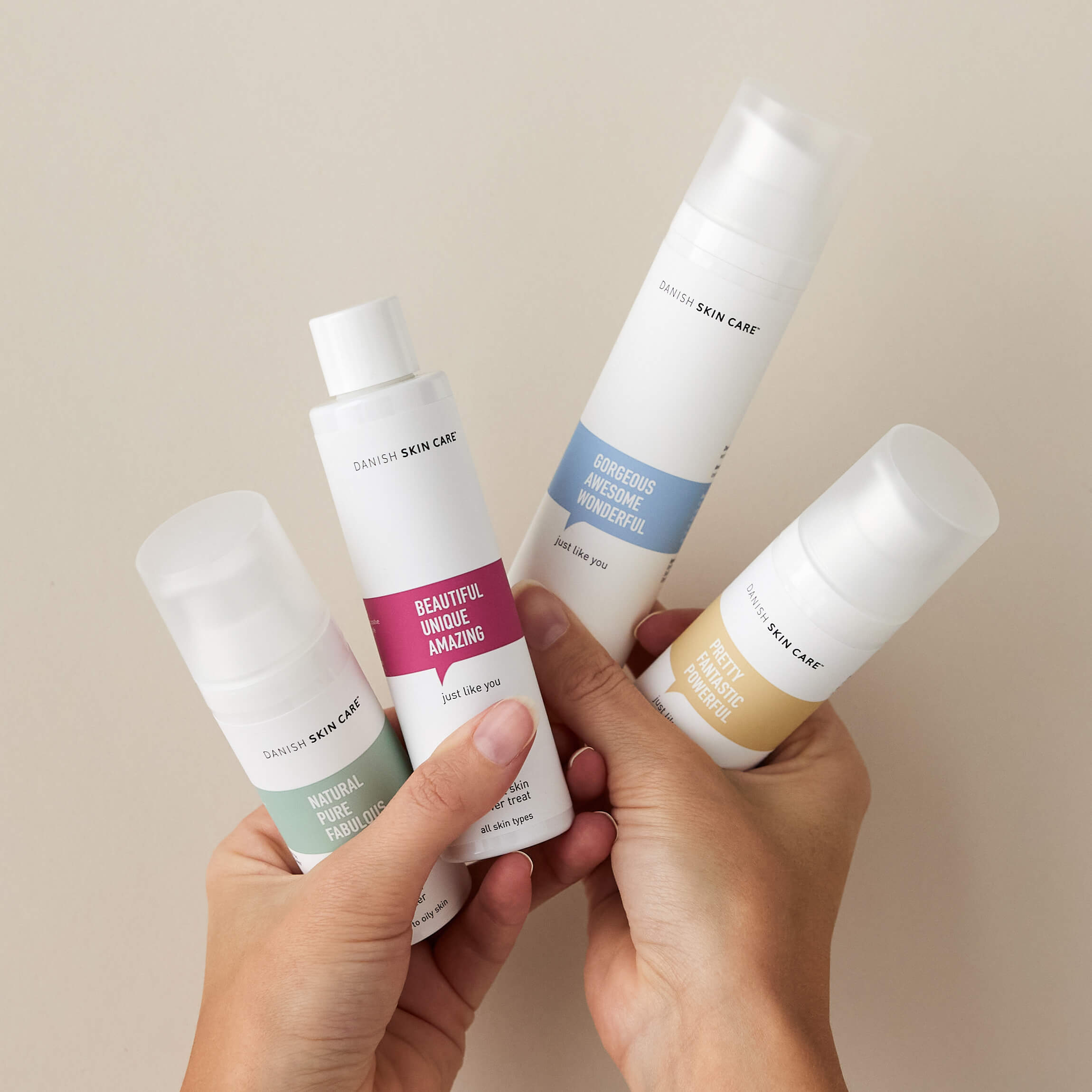
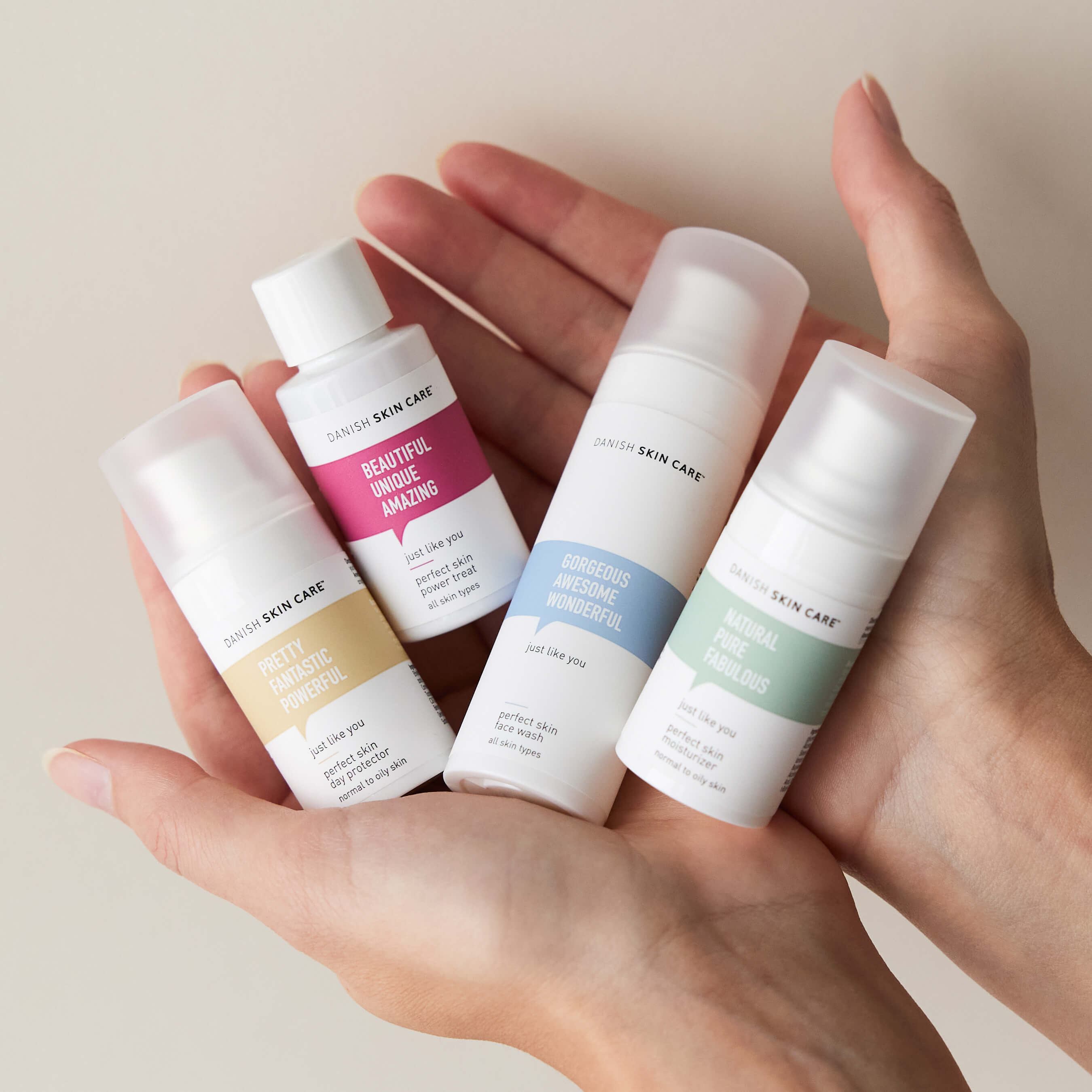
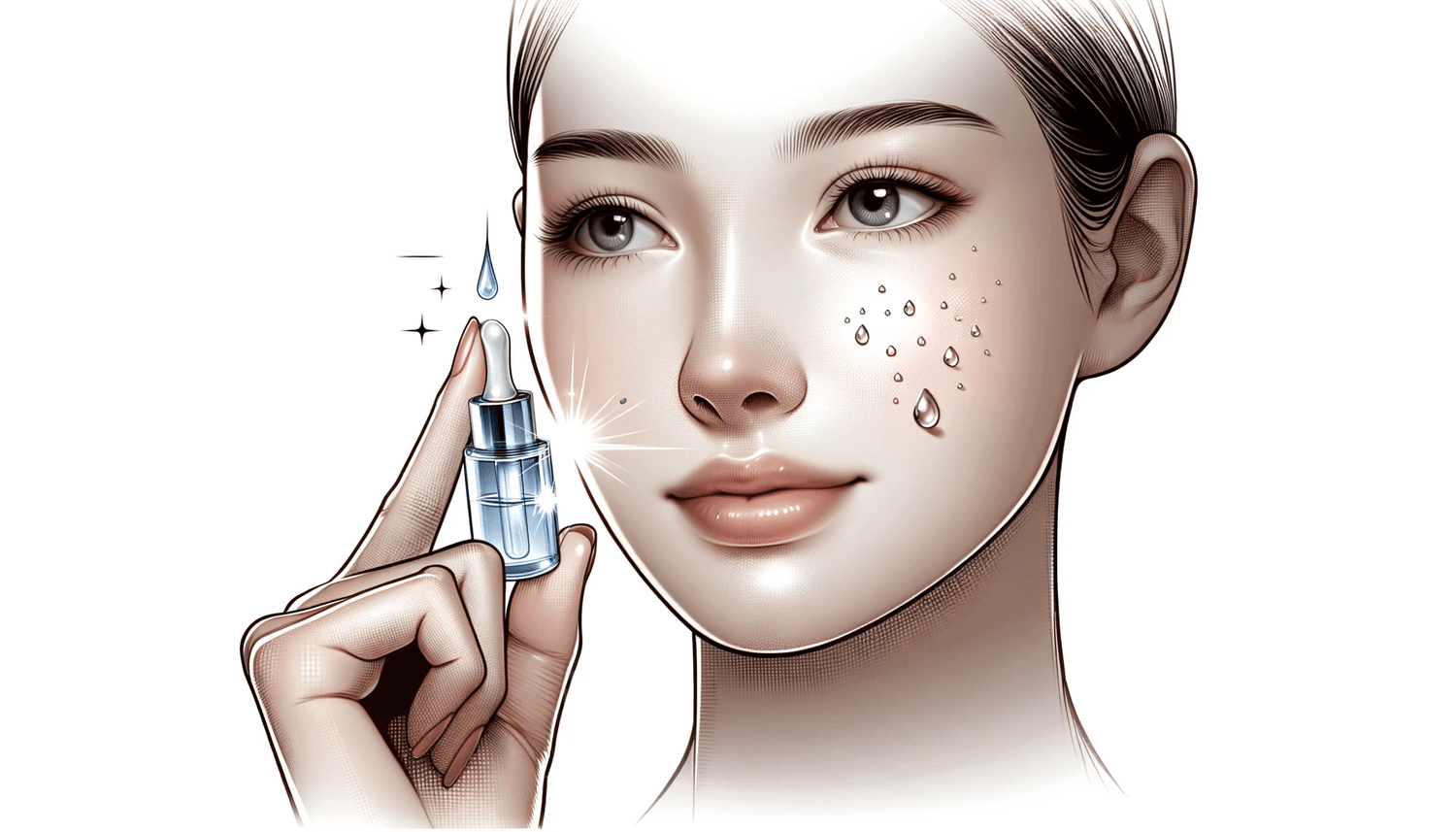
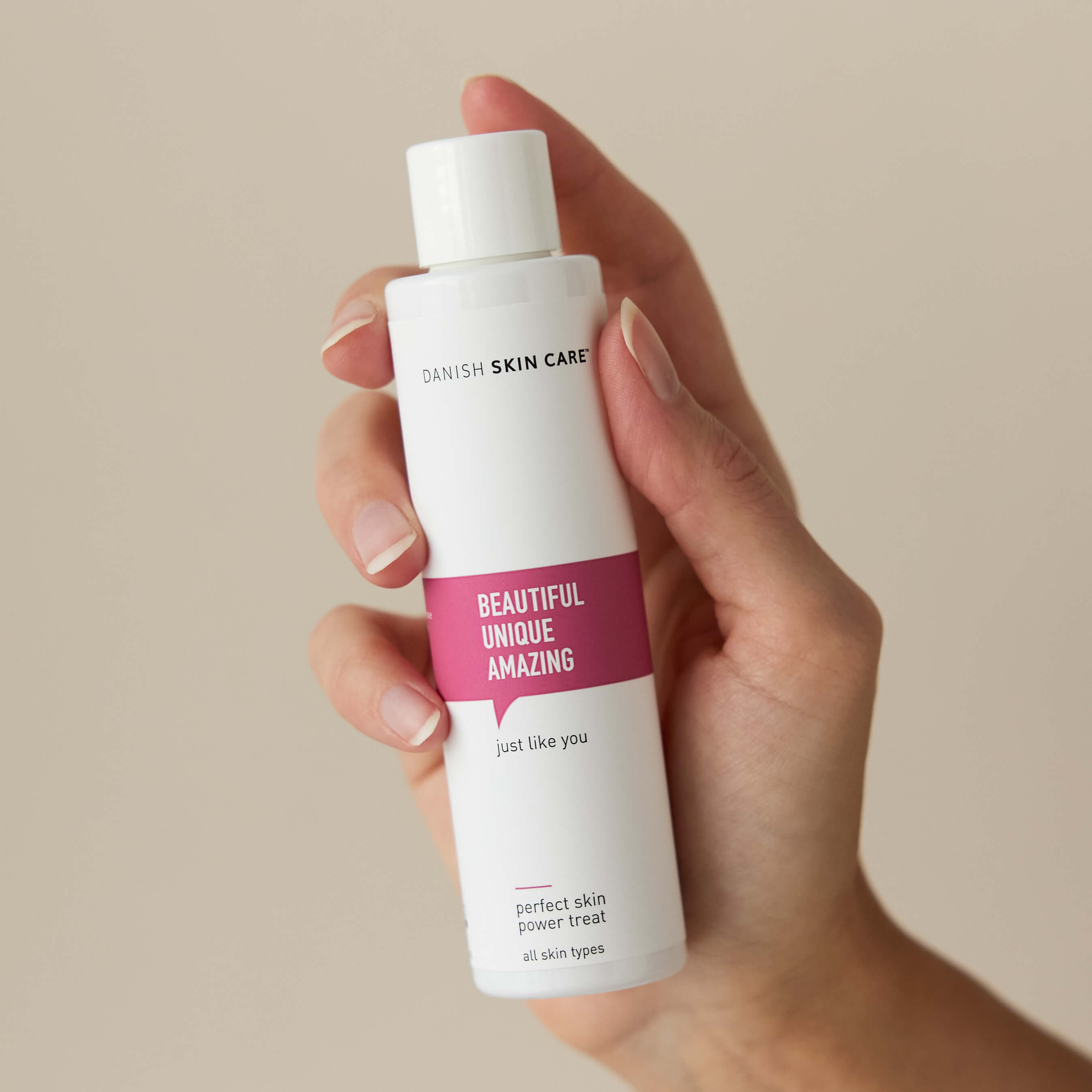
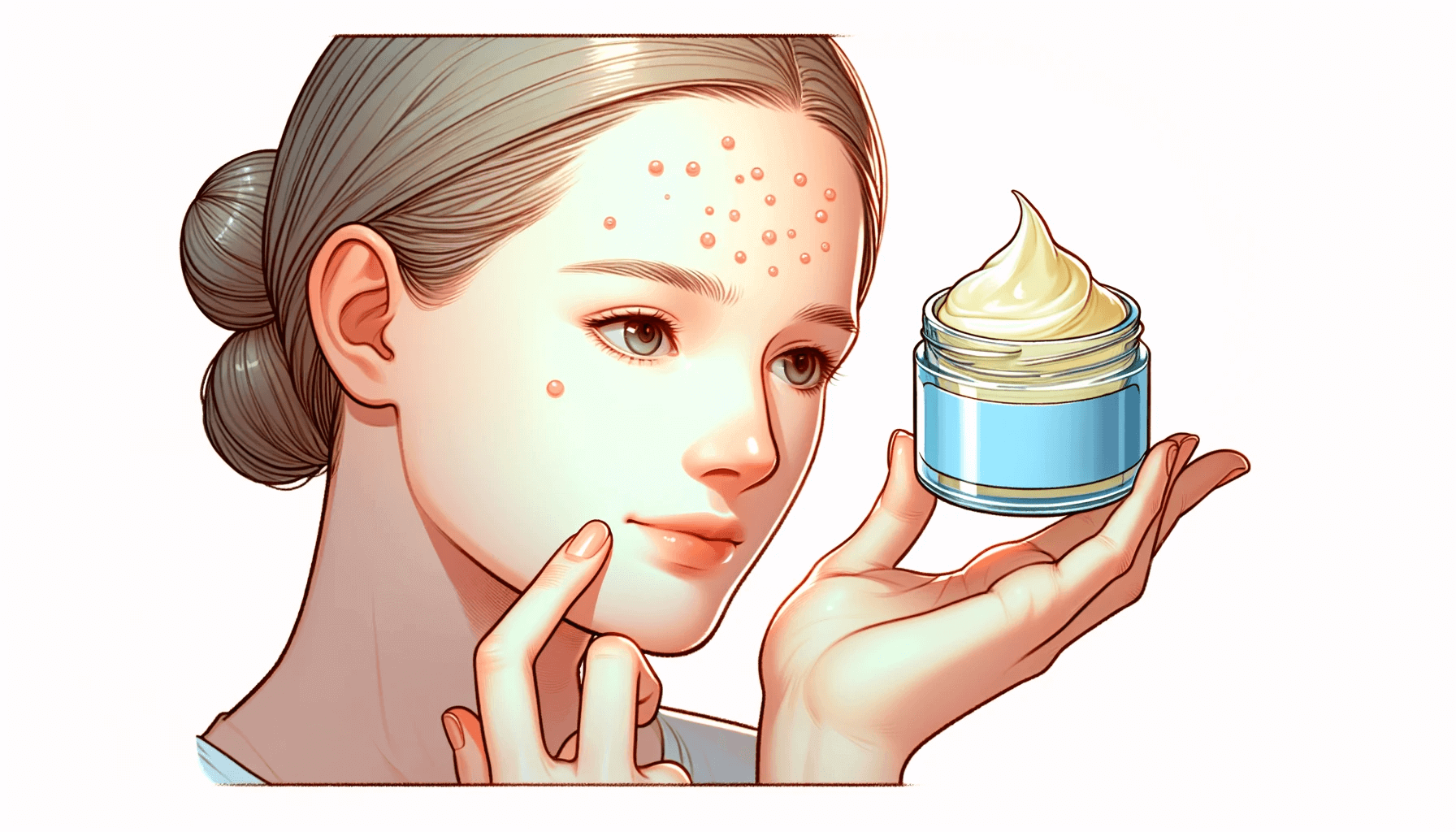
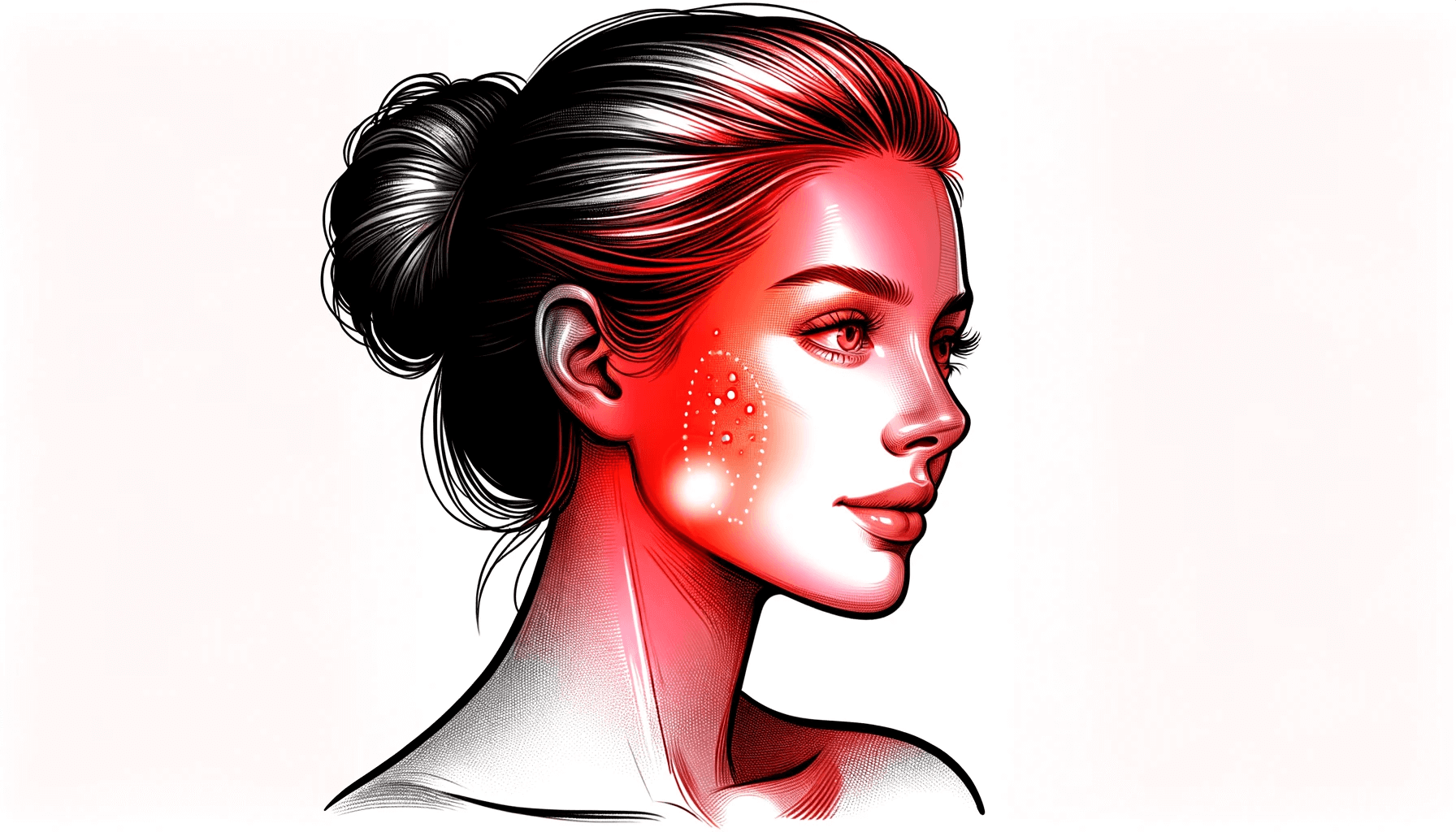
Leave a comment